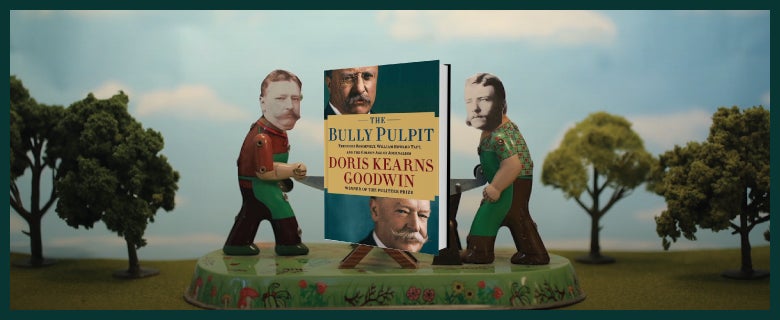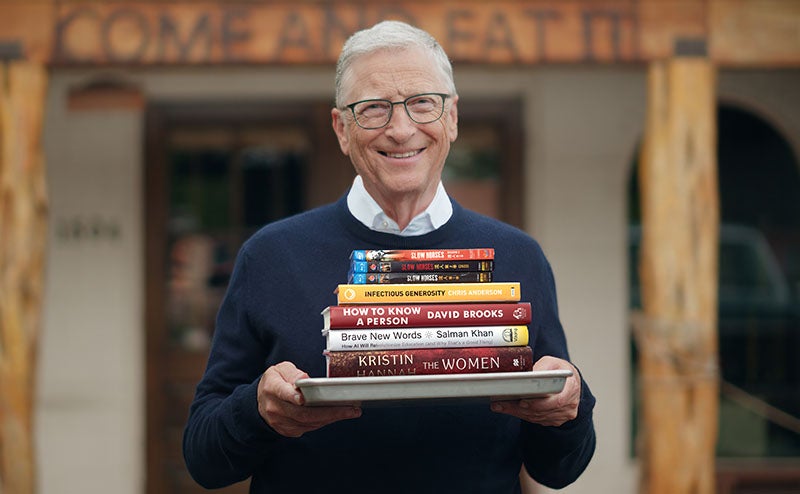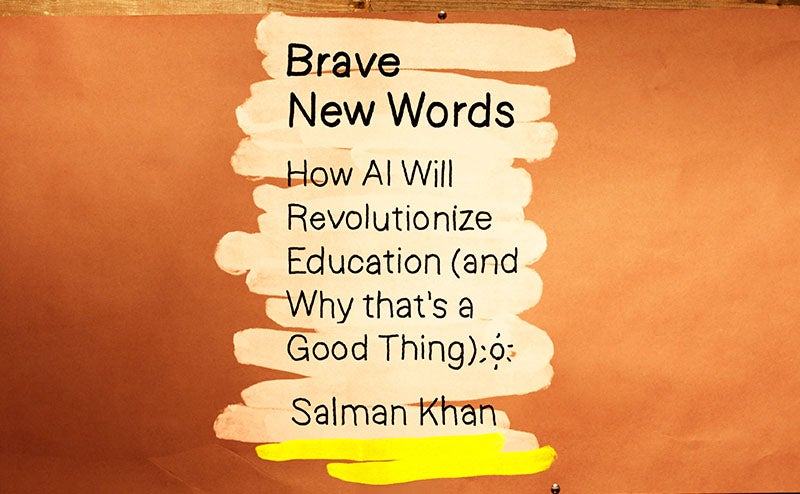The world’s challenges cross many different disciplines, and the next generation of leaders should be able to do the same.
I read a lot about Teddy Roosevelt last year, around the time Melinda and I took our kids to the Panama Canal. He was instrumental in getting the canal built, and I’d assumed it was the highlight of his career. So it’s a testament to the breadth and depth of Roosevelt’s accomplishments that the canal warrants only a handful of mentions in this biography. There’s just too much other fascinating material competing for space, from Roosevelt’s relationship with the press and his friendship with William Howard Taft (who was brilliant in his own right) to his efforts to fight corruption and reform the political system.
I’m especially interested in the central question that Doris Kearns Goodwin raises in The Bully Pulpit: How does social change happen? Can it be driven by a single inspirational leader, or do other factors have to lay the groundwork first? Sometimes a single leader can make a big difference: In the field of global health, Jim Grant almost single-handedly created a global constituency for children, sparking a movement to double vaccination rates and save millions of lives. But Roosevelt’s case was different. Although he tried to push through a number of political reforms earlier in his career, he wasn’t really successful until journalists at McClure’s and other publications had rallied public support for change.
I loved Doris Kearns Goodwin’s Team of Rivals, about President Lincoln, and highly recommend this one too.





